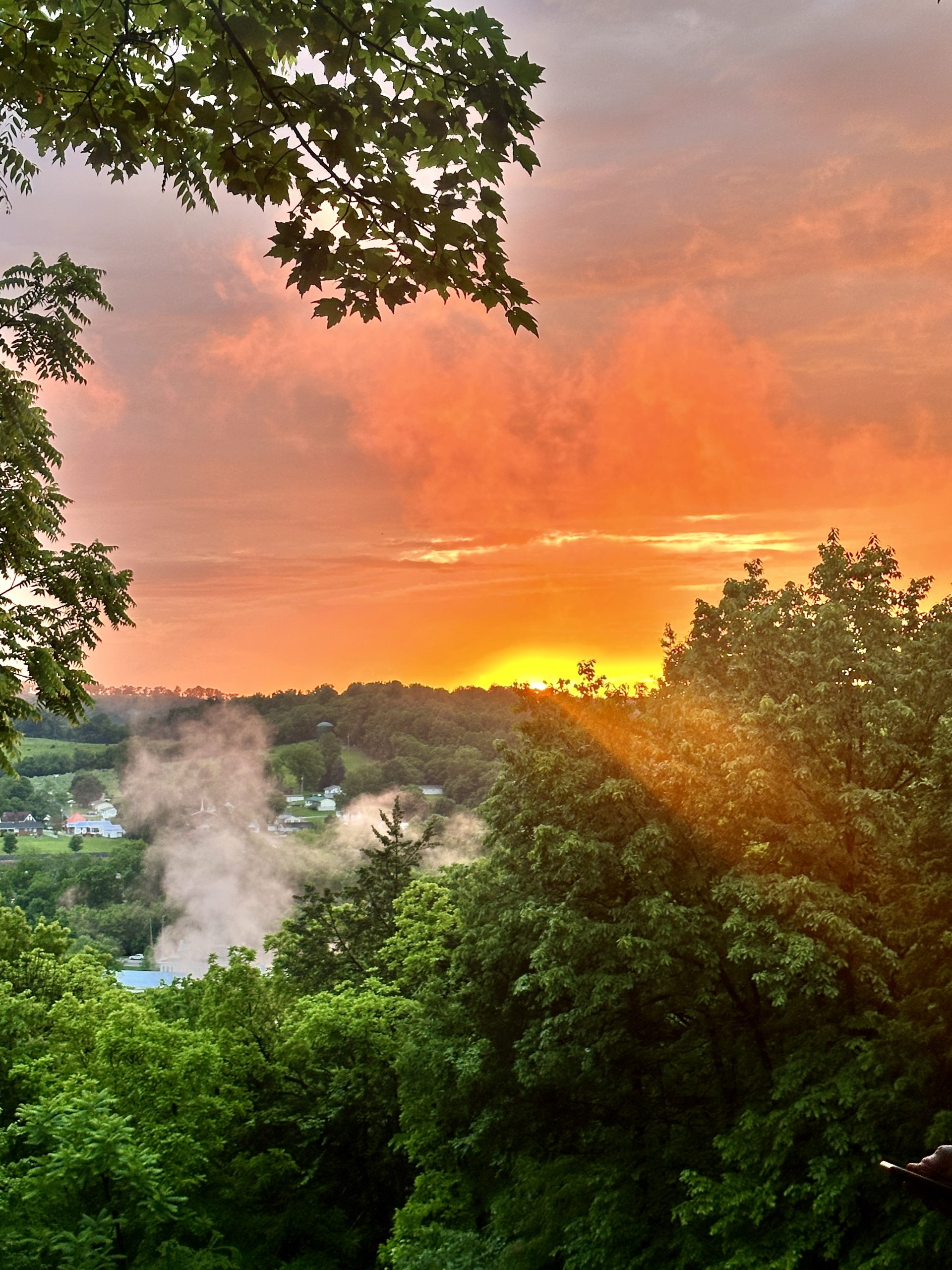Moving to the South: More Than Four Seasons
1. Introduction
When people think of seasons, they usually imagine the traditional four—spring, summer, fall, and winter. Yet, in the South, there’s much more to experience. This region reveals a series of “seasons” that go beyond the weather, deeply influencing daily life and culture. From football to pollen, each of these unique Southern seasons defines a way of living.
2. Traditional Four Seasons in the South
Yes, the South still has the familiar four seasons, but they feel a bit different. Spring arrives with blooming flowers, but it also brings an overwhelming amount of pollen. Summer is long and hot, with humidity levels that can be tough for newcomers to handle. Fall offers a relief from the heat, although it’s often shorter than in other parts of the country. Finally, Winter, while mild compared to Northern regions, can still deliver the occasional frost or snow in some areas.
3. The Extended Southern Seasons
In addition to the regular seasons, Southerners recognize several unofficial “seasons” that significantly impact their lives. These added periods often stem from the region’s unique climate, culture, and traditions. For instance, many people joke that there’s a fifth season: pollen season. And yet, this is no laughing matter for allergy sufferers.
4. “Pollen Season”
Each spring, the South turns yellow as pollen covers everything from cars to porches. For those with allergies, this season can be miserable. Sneezing, itchy eyes, and the daily battle with air quality become routine. During this time, many people rely on medication, and it’s common to hear pollen counts on the weather report. Outdoor activities often take a backseat until the air clears.
5. “Hurricane Season”
If you live along the coast, hurricane season is an important part of life. Running from June through November, this period demands preparation. Families create emergency plans, stock up on essentials, and follow weather updates closely. For many, it’s not a matter of if but when they’ll have to deal with a storm. Knowing how to prepare for hurricanes is critical for anyone moving to the South’s coastal areas.
6. “Football Season”
Football is more than just a sport in the South—it’s a cultural event. Football season starts in late summer, and it electrifies the entire region. High school games take over Friday nights, while college football dominates Saturdays. Tailgating is an art form, with friends and family gathering for food and fun long before the game starts. For Southerners, football isn’t just a pastime; it’s a way of life that unites communities.
7. “Mardi Gras Season”
In Louisiana and surrounding areas, Mardi Gras season brings festivals, parades, and a sense of celebration to life. Running from January until Ash Wednesday, this season isn’t just about the colorful beads. It’s about tradition, music, and enjoying life. Many Southern cities celebrate in their own way, making this period a highlight of the year for locals and tourists alike.
8. “Tourist Season”
During the winter months, many Southern cities experience a tourist season. Places like Charleston, Savannah, and New Orleans attract visitors looking to escape the colder Northern climates. As a result, these cities see an influx of tourism that boosts the local economy but also means increased traffic and crowded attractions.
9. “Festival Season”
The South is known for its festival season, where towns and cities host events centered around music, food, and art. From the Bonnaroo Music Festival in Tennessee to the Charleston Wine and Food Festival, these celebrations offer something for everyone. Festivals bring communities together, celebrating Southern culture in ways that attract visitors from all over.
10. “Planting and Harvest Seasons”
Agriculture plays a big role in the Southern lifestyle, particularly in rural areas. Planting season kicks off in the spring, and by fall, it’s time for the harvest. Many farmers markets thrive during these periods, offering fresh produce and connecting local communities. These seasons are especially significant in Southern farming regions, where agriculture drives both the economy and daily routines.
11. “Mosquito Season”
As soon as summer heats up, mosquito season begins. The humid climate creates the perfect environment for mosquitoes to thrive. It’s not uncommon to hear people joke about “mosquito season” as an actual part of Southern life. For residents, dealing with mosquitoes is just another part of adapting to the outdoors, often with bug sprays and citronella candles as essentials.
12. “College Move-in Season”
In Southern college towns, move-in season is a big deal. Cities like Knoxville and Auburn experience a major population spike when students return for the fall semester. This annual event boosts local businesses, especially restaurants and housing markets. The energy in these towns shifts as students bring life and excitement back to the area.
13. “Christmas and Holiday Season”
The holiday season in the South brings unique traditions and festivities. From Christmas light displays to family oyster roasts, the holiday season is full of warmth and community spirit. While snow is rare, the mild winters allow for outdoor events and long gatherings. Southerners embrace the holiday season with their own blend of charm and celebration.
14. Expert Insights on Southern Seasons
Experts in climate and culture note that these additional “seasons” are not just a quirky part of Southern life. They reflect the region’s unique identity and the way Southerners have adapted to their environment. Understanding these unofficial seasons gives insight into how closely connected life in the South is to both nature and tradition.
15. Conclusion
Moving to the South means discovering a rhythm of life that goes beyond the typical four seasons. Whether it’s the excitement of football season or the challenges of hurricane season, these distinct periods shape the Southern experience. Embracing these “seasons” helps newcomers truly understand what makes the South such a special place to live.

 Facebook
Facebook
 X
X
 Pinterest
Pinterest
 Copy Link
Copy Link


